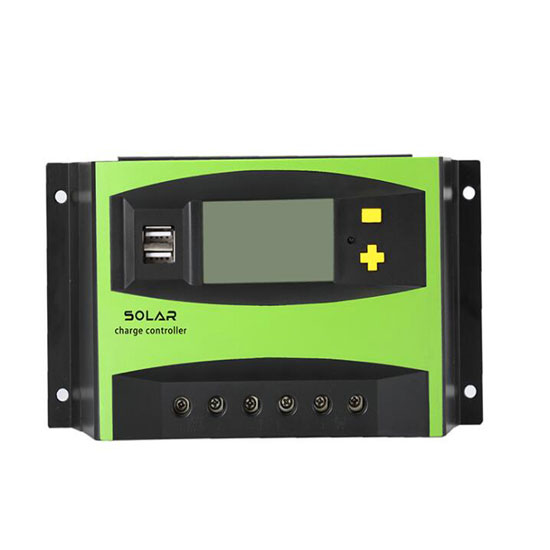We have to well know and understand the amount of energy that batteries will be able to store, so we can choose the solar panels that will be able to charge such batteries in a suitable rate, based on our usage pattern, or in other word, based on our load pattern.
In this article, Inverter.com will introduce how many batteries are needed in a solar system.

The batteries capacity is measured in ampere hour, denoted be "Ah", and it refers to the ampere you can get from the batteries in 1 hour. To physically understand this capacity, you have to convert Ah to watt-hour which refers the amount of watt you can get from batteries in one hour. Simply, the conversion can be done by multiplying Ah by the batteries voltage, so you get the watt hours.
As an example, if we have 20Ah battery, with 24V, this means the battery watt hours is 20 x 24 = 480Wh, and this means the battery can supply 480W for 1 hour or 240W for 2 hours or 10W for 48 hours. That is the meaning, and you can use this formula for any case to determine the batteries number and capacity needed for your setup. Of course, if you will not be able to make such simple calculation, you can consult an electrician to do that on behalf.
Our solar batteries should be well paired with the correct solar panels capacities and voltage. So, proper voltage and proper wattage have to be well matched between batteries and solar panels, consequently, the solar system can run our loads smoothly without interruptions. Not only batteries and solar panel will be used to make everything in the solar system works perfectly and smoothly, but there are other important components will be needed, like mainly the solar inverter and solar charge controller.
The solar panels supply DC electricity over the day light, and that is the form of energy that will be stored in the batteries, so the solar inverter will be needed to convert DC electricity to AC electricity to be used on our AC appliances and equipment, generally in our homes, we need 120V AC or 230V AC to run our electrical devices. Also, we will be needing to a device to ensure that the energy generated by solar panels will not overcharge our batteries, and that is the role of the charge controller, which will also prevent the electrical power stored in the solar batteries over the day light from draining back into the solar panels in night times in which the solar panels do not generate any power.
